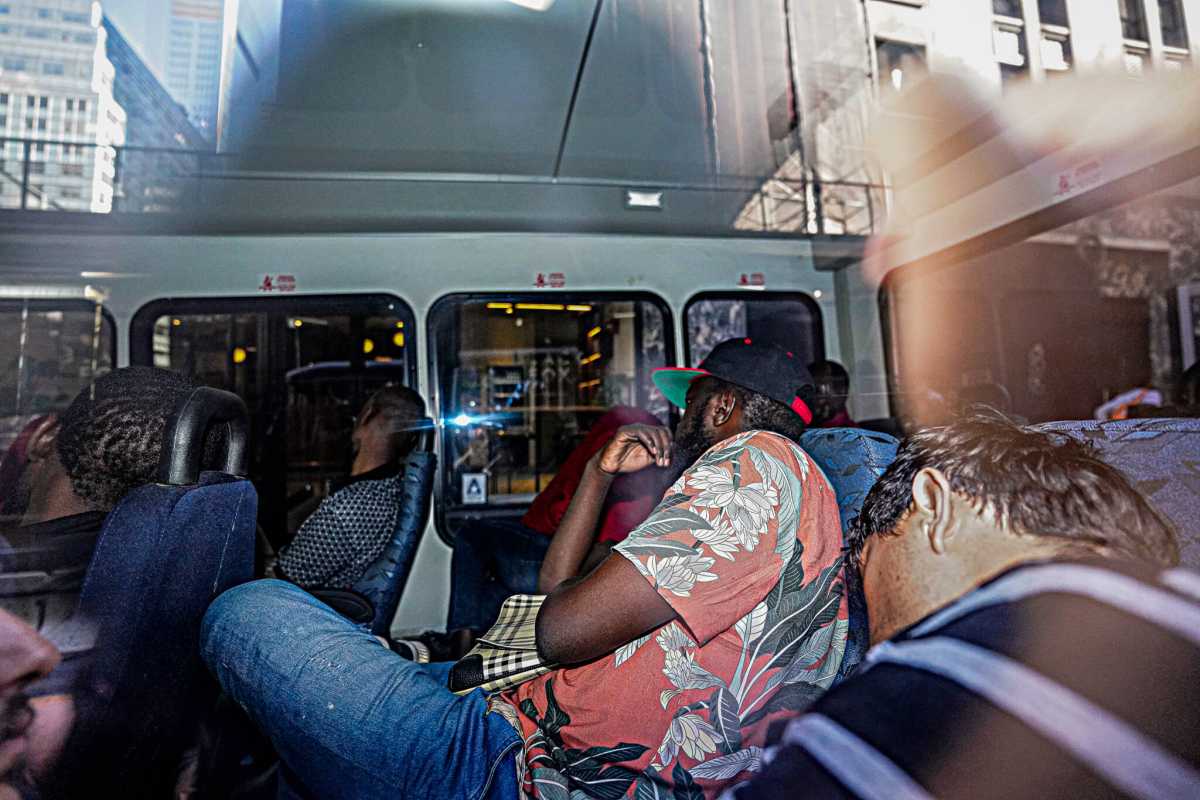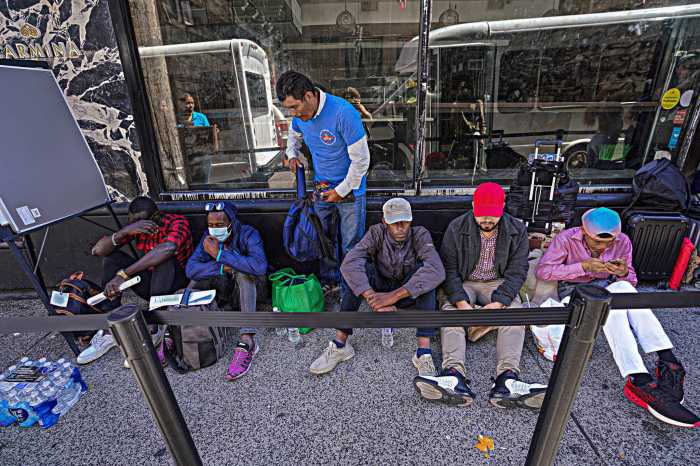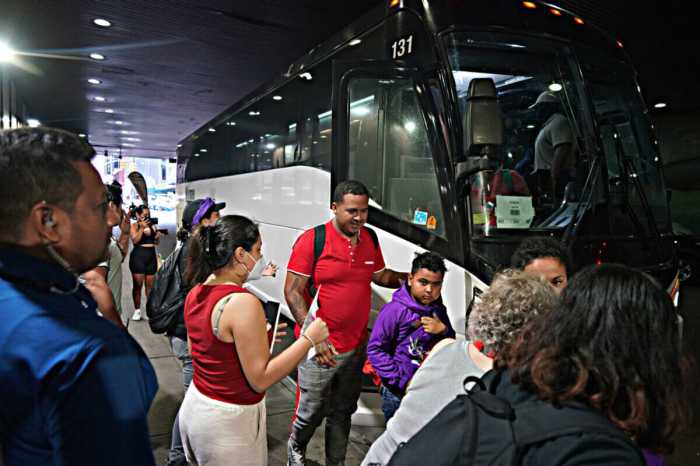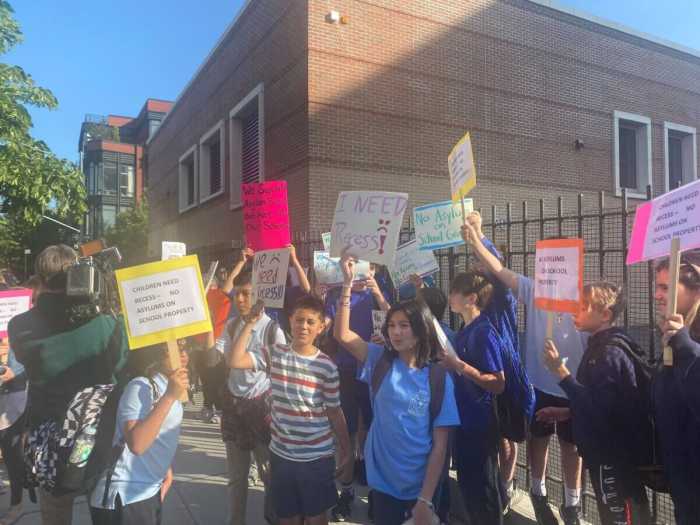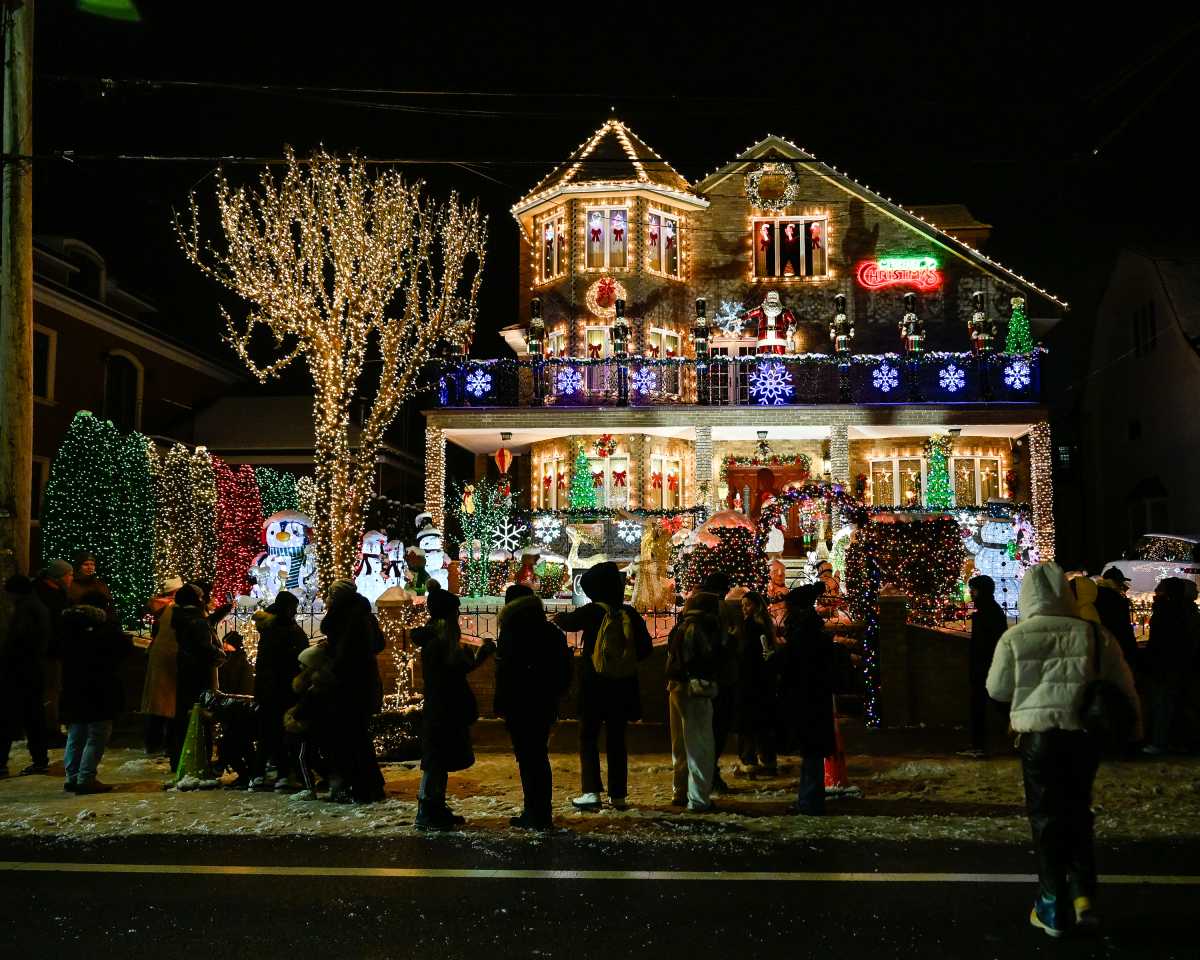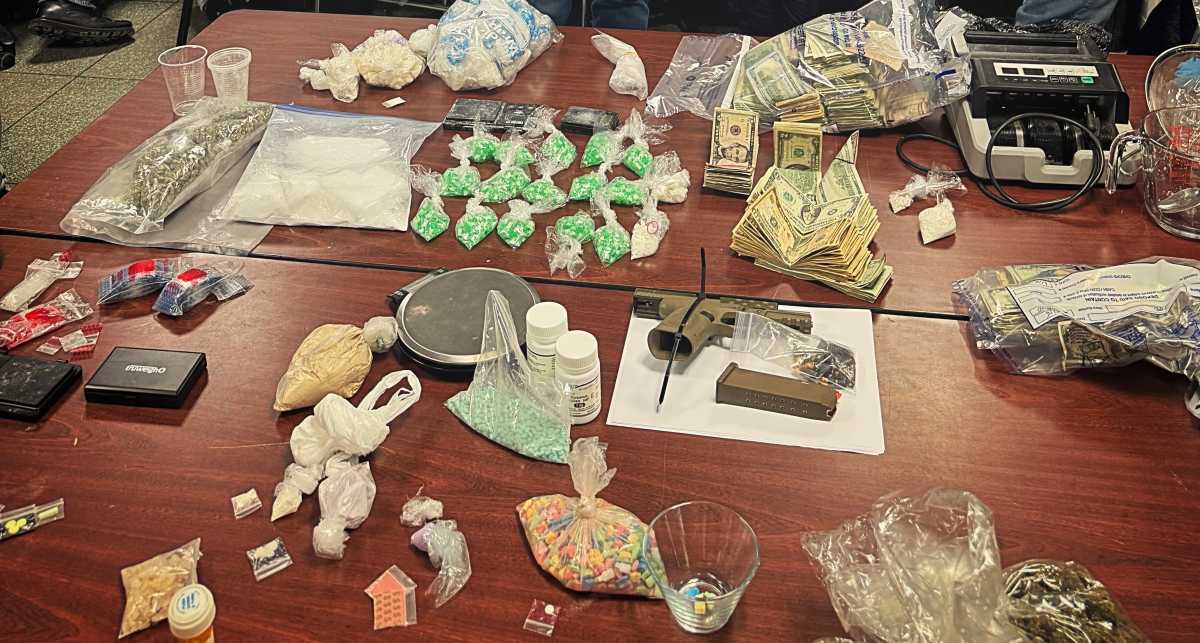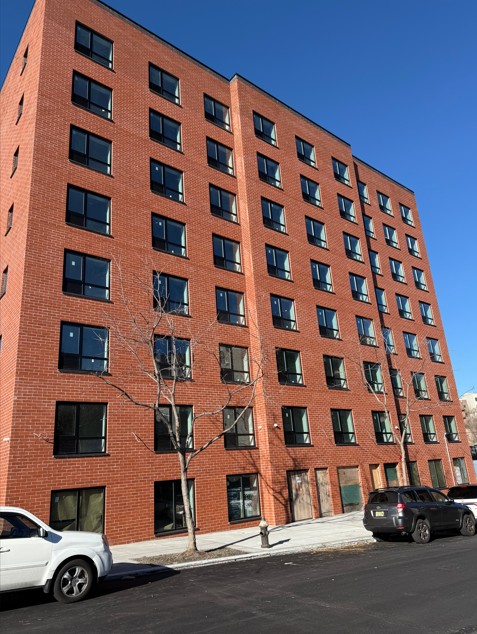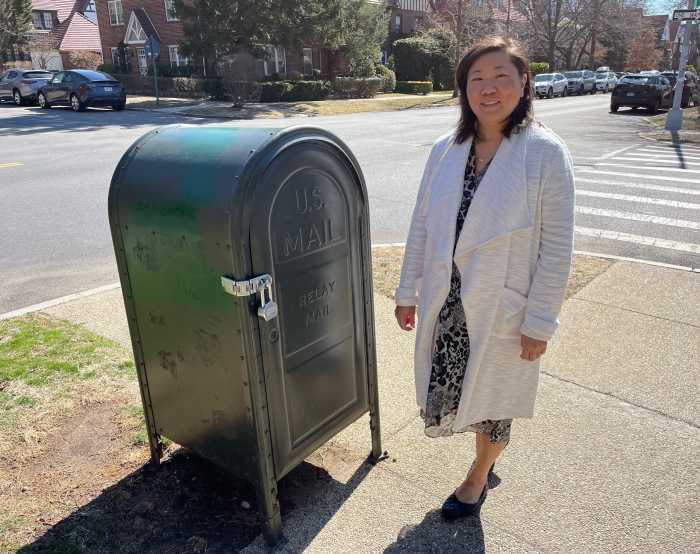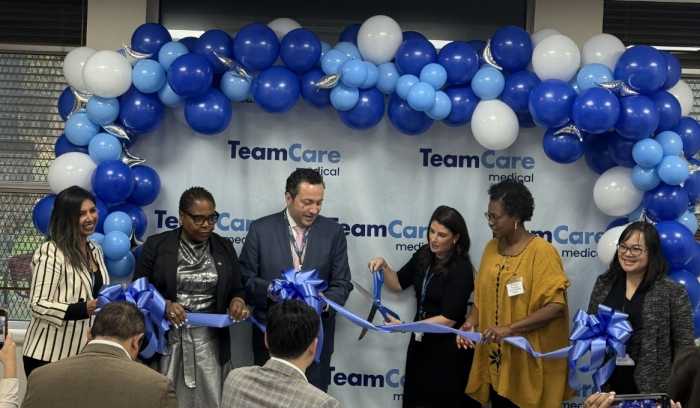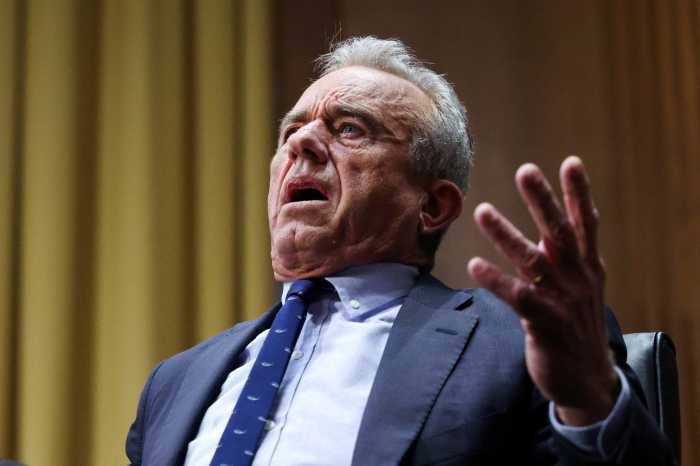City officials, legal professionals, community members, and students have been working tirelessly to ensure asylum-seekers arriving over the past year have the resources necessary to build a life here. A recent expansion of that network is the Adams administration’s Asylum Application Help Center. It is a welcome addition to our nation’s current broken immigration system.
When I found out that the city had partnered with local universities to help, I gladly took the opportunity to do my part. This fall, I joined New Yorkers to help as an application assistant. I am personally a part of a cohort of 16 students from New York University who go in on a weekly basis to help asylum-seekers fill out their asylum applications. In order to ensure that applications are thoroughly completed, appointments often take up a full day. However, this is a necessary first step towards obtaining work authorization and building stable lives here. Since opening this summer, we have helped submit over 6,000 asylum applications, bringing asylum-seekers one step closer to being able to provide for themselves and their families.
My mother is a certified Spanish-English court interpreter who has utilized her skills to advocate for the Latino community in Georgia. Growing up attending rallies and community events with her, I had the opportunity to witness how our immigration system impacts our communities. I saw firsthand how the complexities and bureaucracy of the system make it almost impossible for new arrivals to get their bearings. These experiences made a lasting impression.
The roadblocks are never ending. Whether it be to submit applications, obtain work authorizations, navigate our legal system in general or simply obtain shelter, the process exposes limitations of the institutions at the city, state, and federal level. These struggles are amplified even more so when English is not your first language. Solving these complexities and assisting migrants with their applications led to the foundation of the Help Center.
At the Help Center, we hear stories of families crossing rivers in rickety boats, walking miles on foot, even having to give up everything that they had. In many cases, it is all three. While applying for asylum allows for new arrivals to the potential transition from that instability to security, the actual process can be as difficult as the journey itself.
When I think of our immigration system, I think of the phrase “hurry up and wait.” Families and children take unimaginable risks for the chance of a safe and stable life, only to be met with a bureaucratic, inefficient, and broken system that leaves them in limbo for years and does not uphold the promise that America so proudly offers.
The stories that I hear continue to open my eyes. I see every day that compassion and care for one another transcend times of immense struggle. This spirit is essential to the character of New York City. I say this not to romanticize conflict — but to uplift the efforts of the migrants we work with. I will never be able to truly understand what applicants have been through. With a system that has become so unjust, I am grateful for any opportunity to help the people moving through it.
I invite all New Yorkers to join me in doing so, whether it be by volunteering in your neighborhood, at a local soup kitchen, a house of worship, a non-profit, or a grass-roots organization. A humanitarian crisis of this scale requires collaboration across all levels of government and civic engagement. I echo the city’s request for substantive legislative change and “a breaking [of] the bureaucratic impasse.” We can all work together to go beyond bureaucracy and give asylum-seekers a true chance at a better future.
Maya Wallis is a student volunteer at the city’s Asylum Application Help Center
Read more: Op-Ed: Fair Pay for NYPD Sergeants Ensures Public Safety



